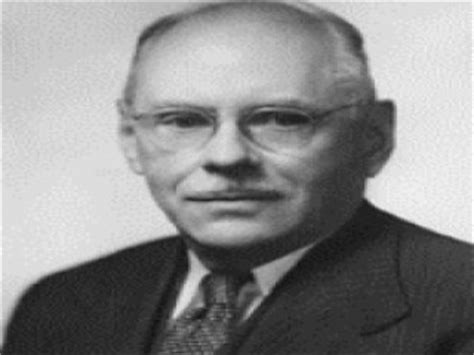A Quote by Seth Godin
If there's time for an emergency, why isn't there time for brilliance, generosity or learning?
Quote Topics
Related Quotes
Giving material goods is one form of generosity, but one can extend an attitude of generosity into all one's behavior. Being kind, attentive, and honest in dealing with others, offering praise where it is due, giving comfort and advice where they are needed, and simply sharing one's time with someone - all these are forms of generosity, and they do not require any particular level of material wealth.
Consider the word “time.” We use so many phrases with it. Pass time. Waste time. Kill time. Lose time. In good time. About time. Take your time. Save time. A long time. Right on time. Out of time. Mind the time. Be on time. Spare time. Keep time. Stall for time. There are as many expressions with “time” as there are minutes in a day. But once, there was no word for it at all. Because no one was counting. Then Dor began. And everything changed.
Beyond all explanations which a good brain can give, why do we choose the worse and not the better, why hate rather than love, why greed and not generosity, why self-centred activity and not open total action? Why be mean when there are soaring mountains and flashing streams? Why jealousy and not love? Why?
I'm always on the road, and I drive rental cars. Sometimes I don't know what's going on with the car, and I'll drive for ten miles with the emergency brake on. That doesn't say a lot for me, but it doesn't say a lot for the emergency brake. What kind of emergency is this? I need to not stop now. It's not really an emergency brake, it's an emergency make-the-car-smell-funny lever.
What differentiates time from space is that time does have a direction. In that sense it is different from space. I think that's certainly true that whereas spatial dimensions don't have direction or an arrow, time does. It runs from past to future. But I see that arrow of time as rooted in a deeper metaphysical reality, namely the reality of temporal becoming - of things coming to be and passing away. That is why time has this arrow. But it's not sufficient to simply say that time and space are distinct because time has a direction. The question will be: why does it have a direction?






































